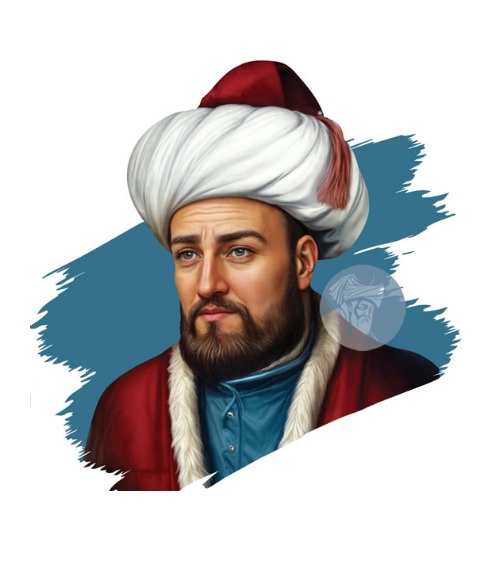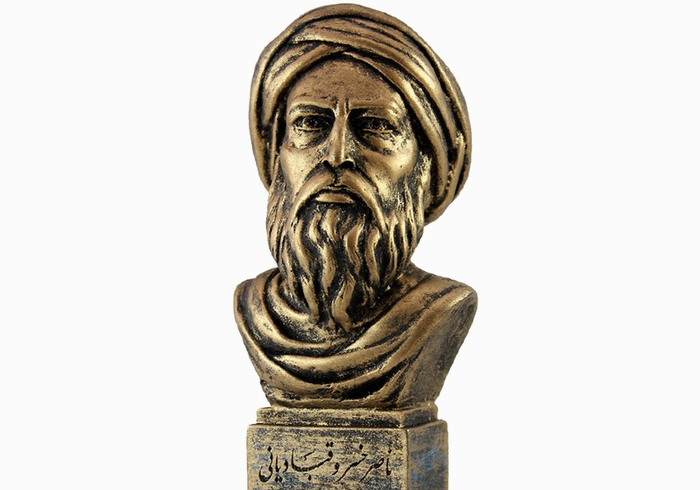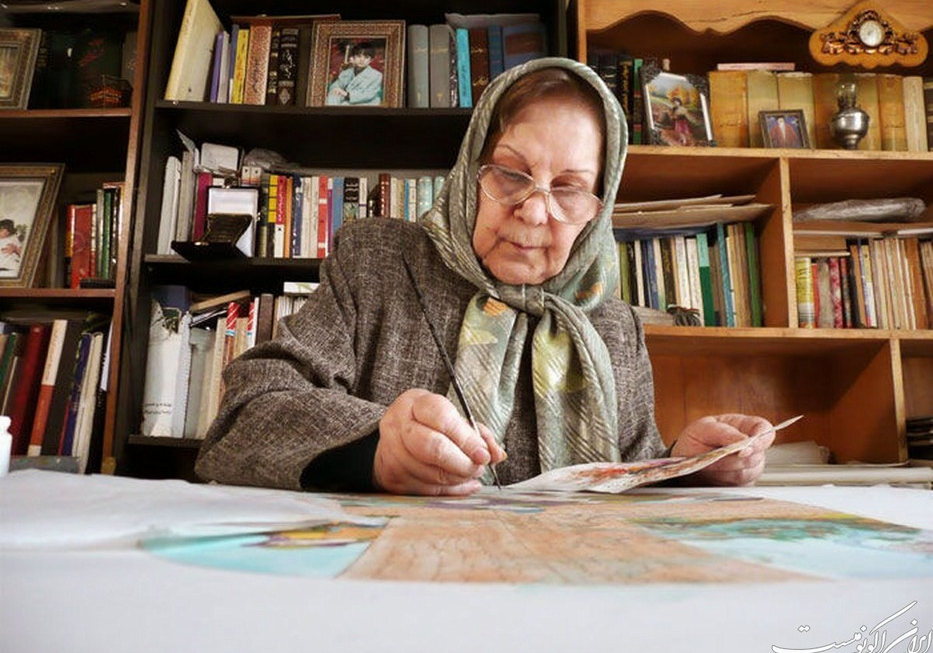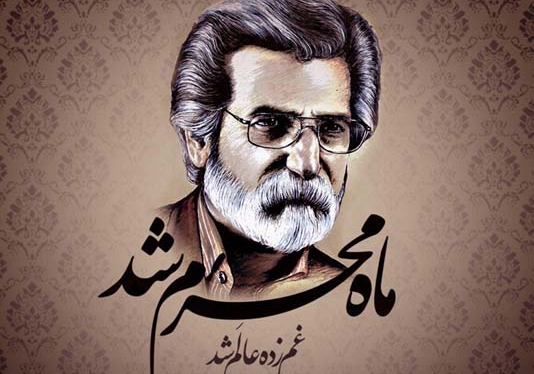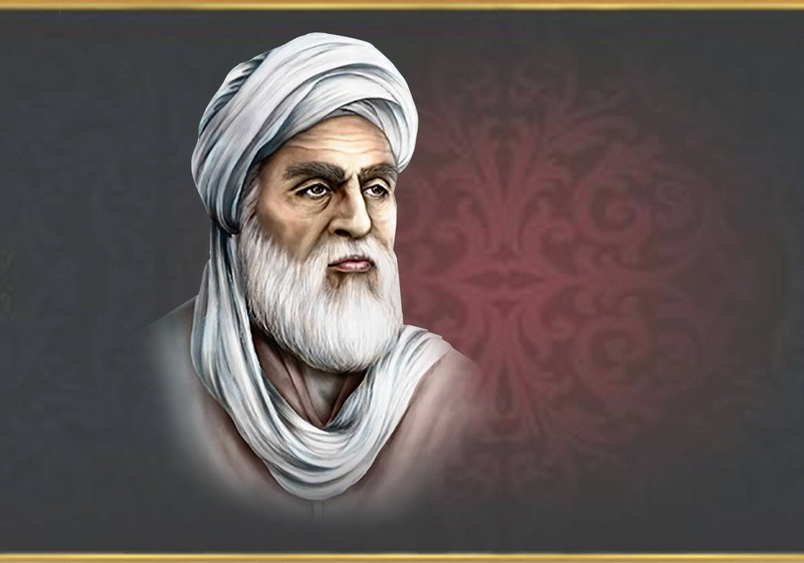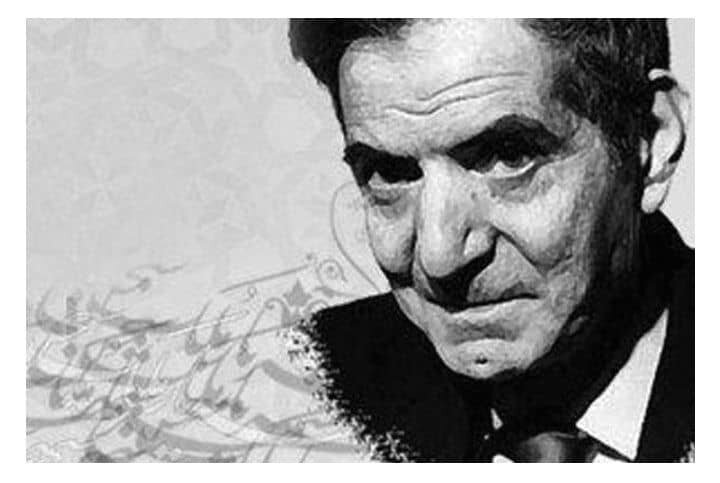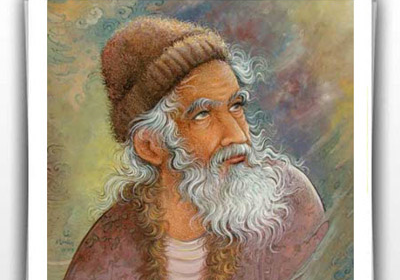
Unsuri Balkhi: The Peak of Eulogy
Abolqasem Hassan ibn Ahmad Unsuri Balkhi was a Persian poet from Balkh (an ancient Iranian city that is located in today’s Afghanistan). Born in 961, he went to Ghazna at the request of Amir Nasr, the brother of the Ghaznavid ruler, Sultan Mahmud Ghaznavi. It didn’t take long for him to find out that he was one of the most prominent poets in the Sultan’s court. His exemplary poems captivated Sultan Mahmud, and his increasing influence in the court persuaded the Ghaznavid king to give him the nickname “Malek al-Shua’ra (King of all poets). Gradually, his position in the kingdom made him a very wealthy man, and a role model for young prospects.
Poetic Characteristics
Unsuri Balkhi was a merchant before he started poetry. Initially, he wrote eulogies to praise Amir Nasr ibn- Sabuktigin (Sultan Mahmud’s father). Divan-e She’r, Masnavi of Shadbahr and Ain al-Hayat, Masnavi of Vamegh and Ozra, and Masnavi of Kheng Bot and Sorkh Bot are some of Unsuri’s most important works. Most of Unsuri’s odes revolved around praising Sultan Mahmud and Sultan Masoud of the Ghaznavid dynasty. His divan comprised 30 thousand verses in the form of Qasida (ode), Ghazal, Quadrant, Tarkibband, and Masnavi. However, Unsuri’s Divan is no longer available, and only some sporadic verses of it have remained. Literature experts unanimously argue that Unsuri’s poetry wasn’t only limited to praising kings, but also focused on wisdom, logic, and philosophy, which basically makes some of his poems difficult to comprehend. What distinguishes Unsuri is his eloquence, delicacy, and determination to create new content. He was an exemplary eulogist, and the main part of his eulogies was dedicated to praising Sultan Mahmud’s bravery in wars. However, many poets believe that Unsuri’s poems are dull and lack poetic delicacy. Unsuri himself agreed with those poets, and expressed that in a poem: “Roudaki was the one who understood ghazal; mine are not like his; no matter how hard I try to write as he did, surely I would not succeed”. Nevertheless, Unsuri’s eulogies are spiced up with allegory and logic, which makes it unique among the literary community.
Extinct Masnavis
Unsuri’s works of Masnavi including Vamegh and ‘Azra, Kheng Bot and Sorkh Bot plus his other Masnavi known as Shadbahr va ‘Ain al-Hayat became gradually extinct and are no longer available to his fans. Unsuri’s Masnavi of Vamegh and ‘Azra had been inspired by Greek myths. It is a love story of Vamegh and ‘Azra who got together finally got together after undergoing massive hardships to maintain their love. A Pakistani literary figure called Maulavi Mohammad Shafi’ is believed to have discovered parts of the Vamegh and ‘Azra manuscript. Apparently, Shadbahr and ‘Ain al-Hayat was also inspired by Greek a myth. The story was first translated from Farsi into Arabic by Abu Reyhan Biruni under the title “Qasim al-Sorur and ‘Ain al-Hayat”. Unsuri used Biruni’s Arabic translation and turned it into a Persian poem. Only a handful of verses of Kheng Bot and Sorkh Bot have survived. It is a poem about two stone idols in a house of idols in the mountains of Bamian. The story is originally a Buddhist one.
DEMISE
Unsuri is one of the few famous figures of Iranian classical literature who is buried outside the current Iranian territories. He is believed to have died in 431 AH (1039 AD) and after serving Persian literature and culture, this great Iranian poet was buried in Balkh.
| Name | Unsuri Balkhi: The Peak of Eulogy |
| Country | Iran |
| Nickname | Unsuri Balkhi |
| Production Time | Born in 961 |
| Works | Divan e Sher Masnavi of Kheng Bot and Sorkh Bot Masnavi of Vamegh and Ozra Masnavi of Shadbahr and Ain al Hayat |
| Type | Literary |

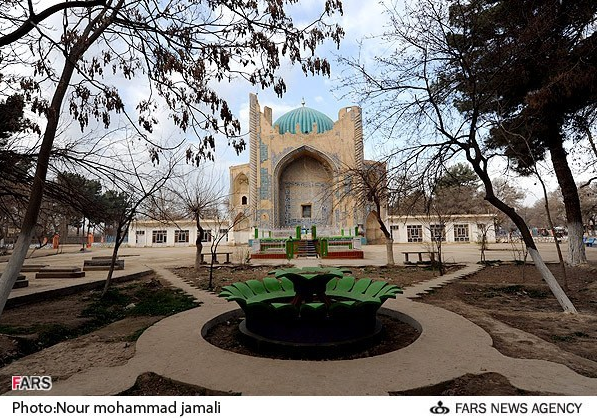


Choose blindless
Red blindless Green blindless Blue blindless Red hard to see Green hard to see Blue hard to see Monochrome Special MonochromeFont size change:
Change word spacing:
Change line height:
Change mouse type:
